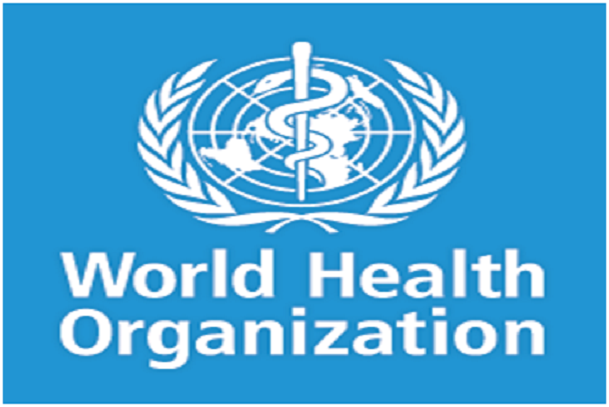 Wash your hands regularly and wear a face mask.
Learn more
Wash your hands regularly and wear a face mask.
Learn more

While the term “sex addiction” isn’t alien to our modern day society, experts still disagree over the small matter of whether the condition exists.
A recent update of the WHO catalogue of diseases and injuries around the world takes a major step towards establishing the concept, by addressing “compulsive sexual behaviour disorder”, or CSBD, as a mental condition.
However, the UN health body refrained from placing the condition in the same category as addictive behaviours such as gambling or substance abuse, emphasizing that a lot more research needs to be conducted before the disorder can be described as an addiction.
“Conservatively speaking, we don’t feel that the evidence is there yet… that the process is equivalent to the process with alcohol or heroin,” WHO expert Geoffrey Reed told AFP Saturday.
In the update of its International Classification of Diseases (ICD) published in June, WHO stated that CSBD was “characterized by persistent failure to control intense, repetitive sexual impulses or urges… that cause marked distress or impairment”.
It, however, stressed that a scientific debate was ongoing as to “whether compulsive sexual behaviour disorder stems out of behavioural addiction.”
Reed highlighted further that the ICD register, which is widely used as a benchmark for diagnosis and health insurers, features a concise definition of compulsive sexual behaviour disorder to enable those affected to get help.
“There is a population of people who feel out of control with regards to their own sexual behaviour and who suffer because of that,” he said this while pointing out that their sexual behaviour sometimes had “very severe consequences.”
“This is a clinical population of people who have a legitimate health condition and who can be provided services in a legitimate way,” he said.
The estimated number of people suffering from the condition remains vague, but Reed said the ICD listing would trigger more research into the condition and its prevalence, as well as into developing the most effective treatment method.
“Maybe eventually we will say, yeah, it is an addiction, but that is just not where we are at this point,” Reed said.
Even without the “addiction” tag, he believes the new categorization would be “reassuring” since it let people come to the realization of an existing “condition” and can seek help.
--Rape remains inexcusable—
Issues surrounding “sex addiction” have increasingly made the headlines in step with the #Me Too movement, which has prompted people all around the globe to come out with previously hidden allegations of sexual mistreatment.
The movement has subsequently led to the fall of mighty men in influential industries, including the disgraced Hollywood Mogul Harvey Weinstein, who was reported to have spent months in treatment for sexual addiction.
Reed said he did not believe there were reasons to worry that the new CSBD listing could be used by people like Weinstein to justify criminal behaviours.
“It doesn’t excuse sexual abuse or rape … any more than being an alcoholic excuse you from driving a car when you are drunk. You have still made a decision to act,” he said.
While WHO did not recognize sex addiction in the first update of its ICD catalogue since the 1990s, WHO did for the first time recognize video gaming as an addiction, listing it alongside addictions to drugs like cocaine and gambling.
The document which member states will be asked to approve next May at the World Health Assembly in Geneva will take effect from January 1, 2022, if it is accepted.
Source: AFP